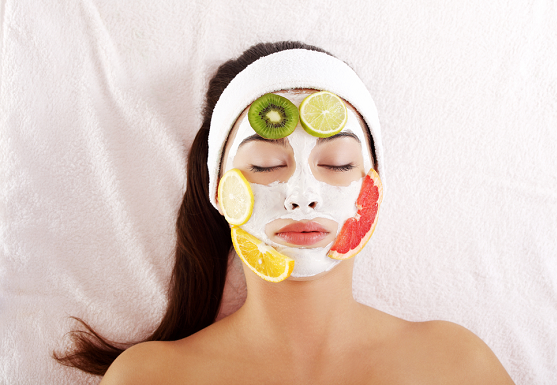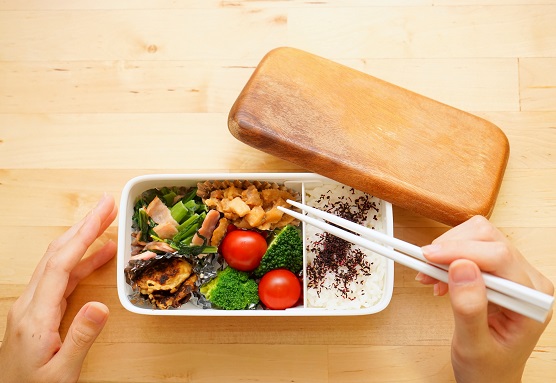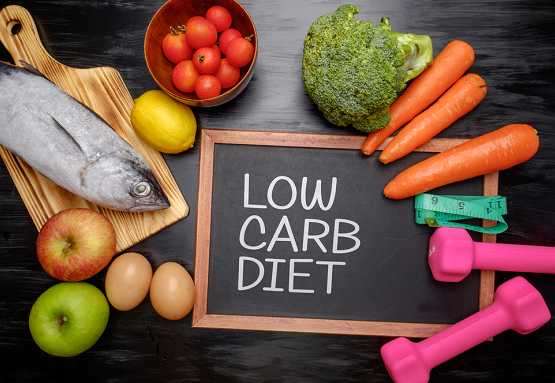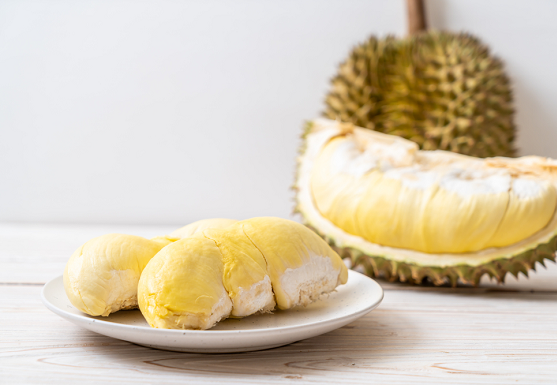Food for the Skin

We are what we eat, as the saying goes. And as the skin is the body’s largest organ, it follows that diet directly affects its health and appearance. Here’s some food for thought on food that’s good for the skin from Sarah Sinaram, Head, Nutrition and Dietetics Department and Melanie Khoo, who interned at the hospital early this year.
FIGHT FREE RADICALS WITH FRUITS AND VEG
It’s common knowledge that eating fresh fruits and vegetables is good for the skin because they are brimming with something called ‘antioxidants’. These naturally occurring wonder-workers play an important role in protecting the skin from the cellular damage caused by free radicals, which begs the question – what are free radicals?
Free radicals are the by-products of normal metabolic processes as well as smoking, pollution, ozone and X-rays and other external sources. They cause damage to cells by stealing their electrons through a process called oxidation, which damages parts of cells including DNA, proteins and cell membranes and results in premature skin ageing.
Antioxidants are the ‘dream clean team’ that mop up free radicals from the body and prevent or mitigate the damage caused by oxidation. They include betacarotene, which is found in carrots, sweet potatoes and pumpkin, and lutein, which is found in kale, papaya and spinach. Not to forget the superantioxidant Vitamin C, which abounds in blackcurrants, blueberries, broccoli, guava, kiwi fruits, oranges, papaya, strawberries and sweet potatoes.
IN THE PINK OF HEALTH, LITERALLY
Not only do the antioxidants in fruits and vegetables help prevent skin ageing, but recent research suggests that the carotenoids they contain may help add healthy colour to your complexion. The same benefits have not been seen with supplements, so it’s best to get your carotenoids straight from the plate.
FEED YOUR FACE WITH…
In addition to fresh fruits and vegetables, oily fish such as salmon and sardines are great for the skin. There is some evidence to suggest that omega-3 supplementation may help improve psoriasis symptoms.
Turmeric is a herb that is famously good for just about everything, thanks to the presence of an active compound called curcumin. This amazing multi-tasker is an anti-inflammatory, antioxidant, antibacterial, antifungal and antiviral powerhouse that may hasten healing and help prevent photo-ageing.
Foods that are rich in Vitamin E, a fat-soluble antioxidant, are also known to be beneficial for the skin. They include wheat germ oil, oats, sunflower seeds, almonds and hazelnuts, and almond and hazelnut oils.
Green tea is another long-trending superdrink that may actually live up to the hype. Studies show that the brew’s catechins, which are a type of antioxidant found in plants, boost blood flow and oxygen to the skin.
MODERATION AND BALANCE
A balanced diet rich in fresh fruits and vegetables, with healthy whole grains and healthy oils and a moderate intake of meat and other proteins, is the best recipe for not only healthy skin but a healthy body.
In other words, when you eat to feel good, you’ll invariably look good, too!
Article contributed by Ms Sarah Sinaram, Nutrition and Dietetics Manager and Melanie Khoo, who interned at the hospital early this year. Click here to learn more about our Nutrition and Dietetic services.
This article is taken from our My Alvernia Magazine Issue #35. Click here to read the issue on our website or on Magzter.



